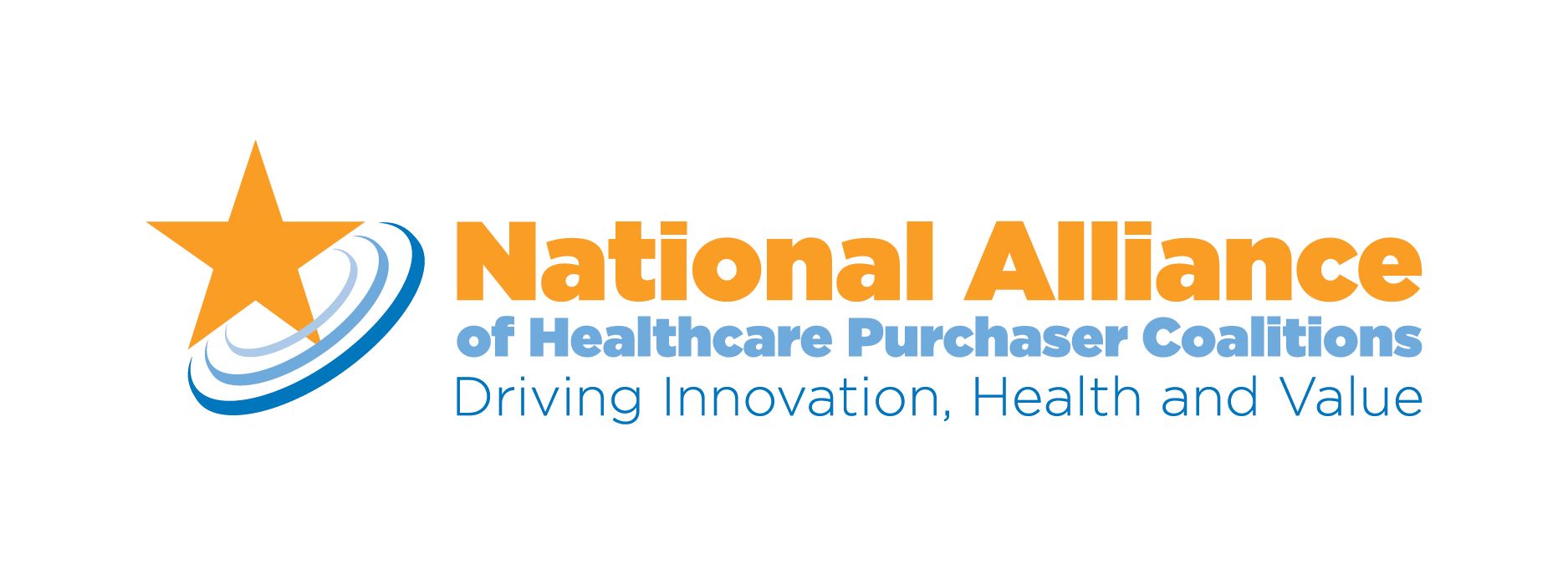
Mental Health, Immunizations, Sleep Focus of Barriers in Prevention and High-Value Care

A panel held at the National Alliance of Healthcare Purchaser Coalitions Leadership Summits focused on mental health, immunizations, and sleep when speaking about the barriers to prevention and high-value care in these areas of medical coverage.
Employers have the ability to make changes in the workplace and reduce barriers in order to address improve disease prevention provide high-value care, explained a panel at the National Alliance of Healthcare Purchaser Coalitions 2022 Leadership Summits.
Mental Health an Exacerbator of Other Chronic Diseases
Rosa Novo, executive benefits director of Miami-Dade County School District, and Jason Parrott, senior vice president of enterprise growth and partnerships Vida Health, opened the panel by talking about the implications of increased mental health awareness on the treatment of mental health issues but also how it may affect other chronic conditions.
Novo said that an online health coach was launched for the employees in her school district and removed co-pays for mental health services. “I have seen an increase of 423% engagement….It’s a testimony to the need,” she said.
Novo also said that 19% of employees are diagnosed with at least 1 mental health condition, with 70% of them having a dual diagnosis. She said that, as a country, mental health needs to be addressed as a chronic condition.
“We need to really start embracing the concept that mental health is here, and COVID-19 had just exacerbated it," she said.
Parrott noted that accessibility of mental health providers is a problem in the country, with licensed therapists aged 60 years or older on average and patients dealing with wait times of 35 days or more.
He said that the goal of his previous place of employment, Boeing, was to integrate mental health with primary care, as he believed that mental and physical health were 2 sides of the same coin. “What we’ve learned over time…untreated stress, depression, [and] anxiety worsen chronic, physical conditions,” he said.
Parrott said that making systems simple encourages engagement, enrollment, and utilization of programs to address these chronic conditions. He also stated that barriers shouldn’t be preventing employees from getting the services they need.
Income Inequality Biggest Hurdle for Immunization
Robert Popovian, PharmD, chief science policy officer at the Global Healthy Living Foundation, pinpointed income inequality as the greatest barrier in getting populations in the country immunized. “When you’re in a low-income community, you’re not going to be able to access health care as well as you are in affluent communities, [which] basically crosses all barriers, whether it’s gender or race or ethnicity,” he said.
Impact of immunization, he said, affected the economy, society, and the health and community aspect of the world due to not missing work, creating an equitable society through prevention of illness, and not putting pressure on health care services, respectively.
Immunization in both adults and pediatrics dropped since the start of the pandemic and hasn’t yet caught up with pre-pandemic numbers, which could be a problem long-term. Popovian suggested that harmonizing and enhancing state laws to allow pharmacists to administer vaccines could help address the income disparity leading to low immunization rates, as Medicare patients see their pharmacist more often than their physician.
He also suggested that employers offer vaccinations in the workplace so that low-income employees have the ability to get their vaccinations without losing money from their hourly wages.
“We need to make it easier for patients, especially in low-income communities who work hourly wages, to be able to access those services,” he said. “So, if we’re going to fix this equity issue, and the health care disparities issue, we better start thinking that way.”
Sleep Key to Exacerbating Poor Care or Reinforcing Good Care
Heidi Anderson, president and chief growth officer of Nox Health, said that lack of
For example, she said, 72% of people with type 2 diabetes have sleep apnea but only 20% of the people who need treatment are getting it, with an average of 52 weeks to get that care. Anderson said that 50% of people who get treatment fall off after the first year.
Anderson presented the findings of incorporating the SleepCharge program for people with sleep problems. Patients on the SleepCharge program were more likely to stay on treatment, with 89% staying on therapy after 3 years. There was a weekly sleep improvement of3 to 5 hours, 68% of patients recovered from depression and anxiety, and 76% of poor sleepers achieved healthy sleep.
She concluded by saying that combining technology and human care to talk about patients’ mental health and chronic disease issues coupled with sleep problems could be a game changer in approaching health.
Newsletter
Stay ahead of policy, cost, and value—subscribe to AJMC for expert insights at the intersection of clinical care and health economics.









